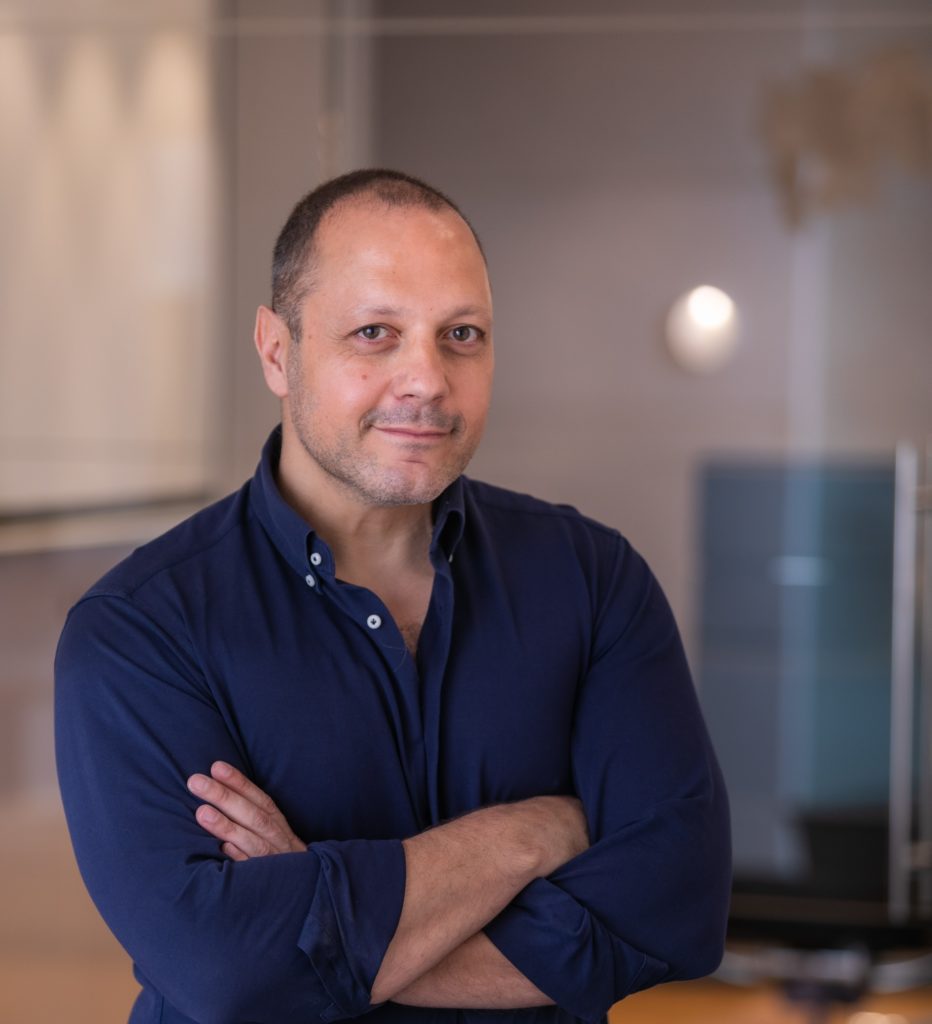
Fast approaching are the days we can identify congestive heart failure through AI and a smartphone app – and Tamir Tal, CEO of Cordio Medical, a medical speech analytics platform, are at the forefront of this development.
Using AI to compare each day’s vocal signature with the baseline, this app, still in clinical testing, is called the HearO where patients open the app and speak the same sentence on their phones daily. If altered fluid states are detected, an alert immediately sends a message to their clinician.
Before Cordio Medical, Tamir took his 20+ years of experience in operations, finance and development to serve as COO at Neovasc Medical Ltd., a cardiovascular medical device company that developed the Neovasc Reducer™ for the treatment of refractory angina.
This was an eye-opening conversation about the future of medical-grade portable devices:
M.R. Rangaswami: Do you believe voice recognition technology will be a leading at-home diagnostic tool?
Tamir Tal: Voice recognition technology will soon be a leading at-home tool because speech recognition technologies have two significant advantages:
1) They are easy to use and induce very high patient compliance – meaning patients find the app and their own smartphone easy to use and do not discontinue use. This level of compliance is significant because at-home monitoring is engraved into the patient’s life for many years and needs to become part of the patient’s daily habits to have true adherence.
2) Speech and voice are very personal and allow practitioners to generate clinical information that cannot be achieved from other measurement tactics. For example, a mother (and MD) can detect changes in health just by listening. This represents an excellent analogy to the speech processing technology, which is based on signal processing and AI.
M.R.: What do investors need to understand about the impact of global medical grade portable medical devices?
Tamir: Medical grade mobile as a medical device solution is the future of healthcare. The ability to transform standard mobile devices, such as smartphones, into advanced medical diagnostic tools allows for a cost-effective, easy-to-use health monitoring device for patients. Overall, the capital expense is minimal, and the distribution and adoption are easy for patients and providers.
M.R.: Since telemedicine has rapidly picked up since the Covid-19 pandemic, how do you believe portable medical devices will impact office visits?
Tamir: The impact of mobile as a medical device solution has allowed for better patient care for healthcare practitioners. The ability to monitor patients almost constantly or daily provides instantaneous diagnostics. Hospitalization or clinic visits are becoming less common, as practitioners can measure the severity of a patient’s condition remotely by using telemedicine and portable medical devices.
M.R. Rangaswami is the Co-Founder of Sandhill.com
